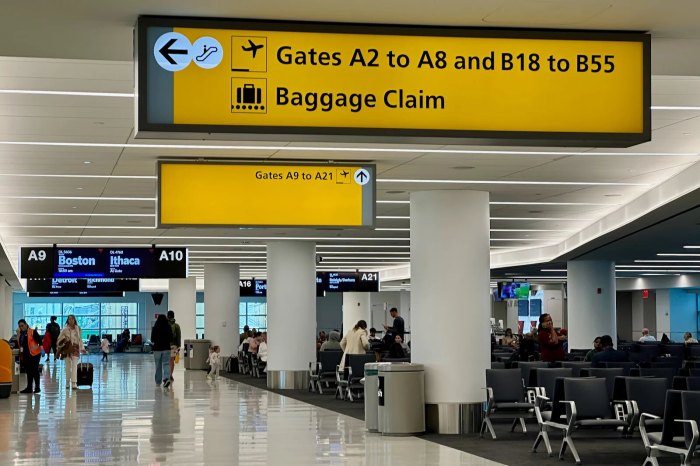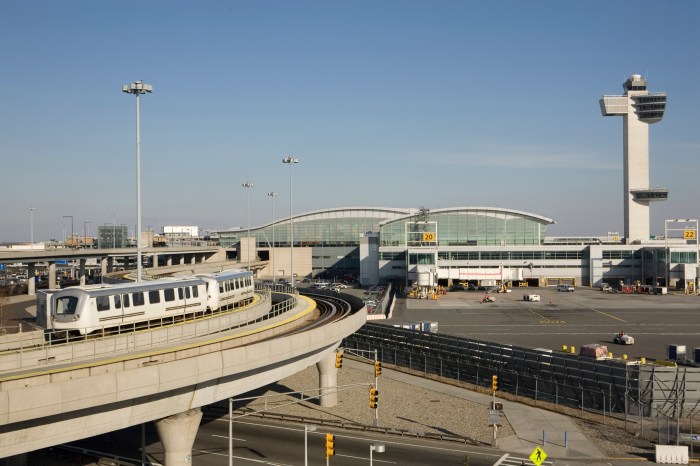By Gabriel Rom
Reforming the taxation of New York City’s taxicab industry could help fill the $2.6 billion gap that remains after the MTA requested money from the city and state for its five-year capital plan, according to a report released by the Citizens Budget Commission.
As Uber, Lyft and other rideshare companies increase their share of taxi trips at the expense of yellow cab trips, which fell 11 percent from 2011 to 2014, the report expects a coming “erosion” of MTA revenues.
“MTA revenues will either plateau or decline, depending on how fast black car services increase,” said Maria Doulis, vice president of the Citizens Budget Commission. “Given the changes in the industry, we wanted to know how we could tinker with theses taxes so the MTA can get a little more.”
The MTA did not offer comment
In 2010 New York levied a sales tax on black cars, with revenue split between the city, state and, to a nominal extent, the MTA. In order to solve the problem, the CBC proposes to reallocate revenue from that sales tax on black cars, giving the money exclusively to the MTA.
Riders would pay a rate of 5.75 or 7.75 percent, giving the MTA between $100-164 million and $144-225 million, respectively, making it far-and-away the most profitable—and politically complicated—of the three policy suggestions listed in the report. If the MTA used that money as a basis for borrowing, it would have enough to close the gap in the unfunded portion for the MTA’s capital repair plan.
The plan outlined $29 billion in mass transit needs. Of this, the MTA identified a $13.2 billion funding need. With pledges from state and city leaders and budget reductions from the agency itself, the size of the unfunded part of the plan was reduced to $2.6 billion.
A spokesman for the mayor’s office was cool on the plan.
“The goal would be to keep everybody whole—the city and the MTA. We want to make sure that as this sector changes dramatically, we’re not cutting back the support it provides to the things New Yorkers rely upon: public transit, public safety, vital city services. We look forward to meeting with everyone in the sector to find the right path forward.” said Wiley Norvell, a spokesman for the mayor’s office.
According to Doulis, the money would mean more much more for the MTA than for the state and city given that the state’s budget is $130 billion, and the city’s is budget is $80 billion. A broad political consensus, she added, would still need to form.
The policy plan’s other options include applying a flat rate already used for taxicabs for black car trips as well, bringing in between $34 million and $55 million by 2019. Another option would increase and expand the per-ride taxicab tax, changing the flat-rate tax to a 4 percent rate on each fare. The change would bring in between $73 million and $117 million by 2019.
“There is a lot of discussion about how to fund the rest of the MTA capital plan, particularly since the MTA has gotten aggressive about reducing the size and cost of the plan. There will be more discussion, and this is one of a series of options,” Doulis said.
.
Reach reporter Gabriel Rom by e-mail at grom@


































